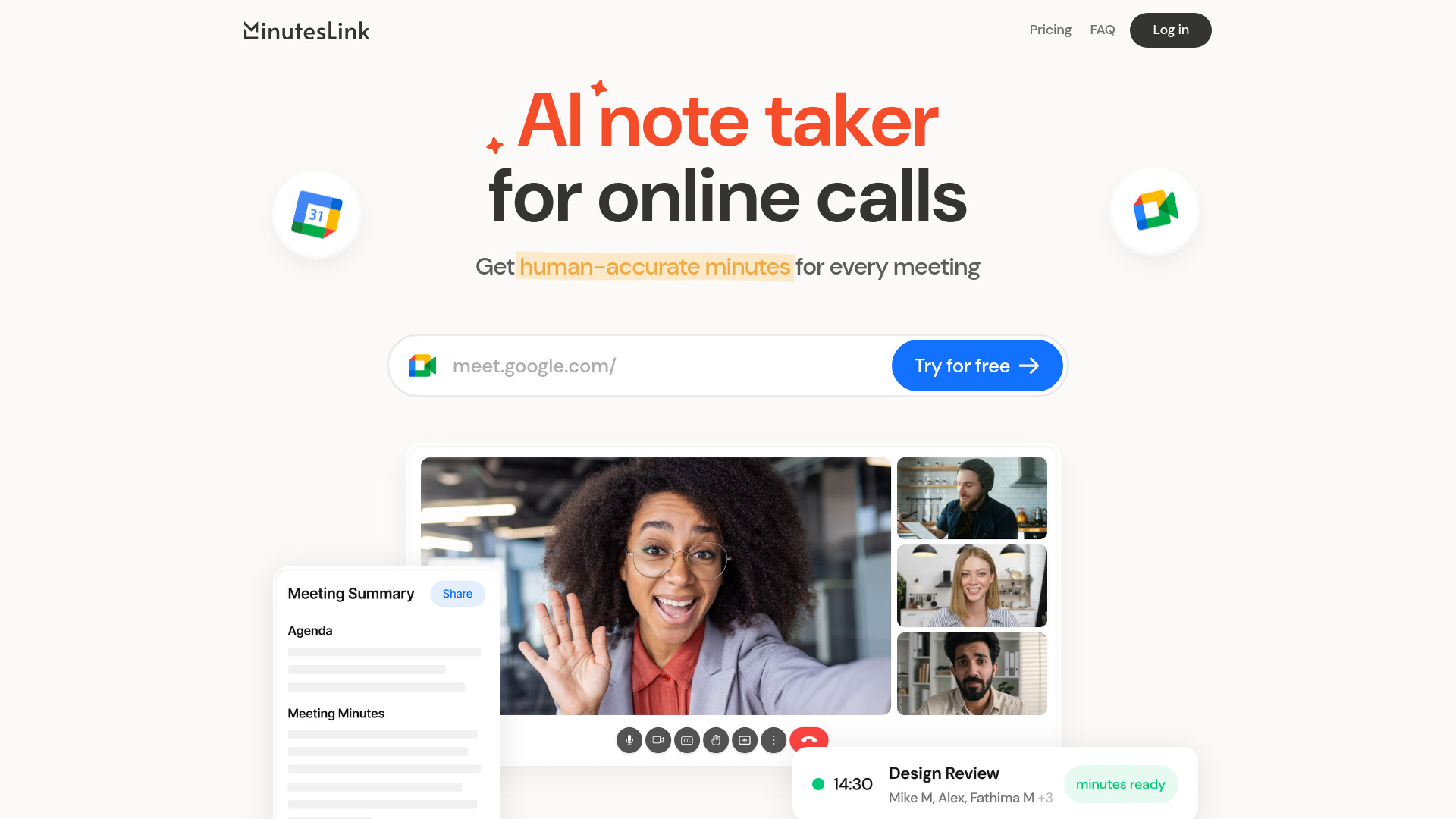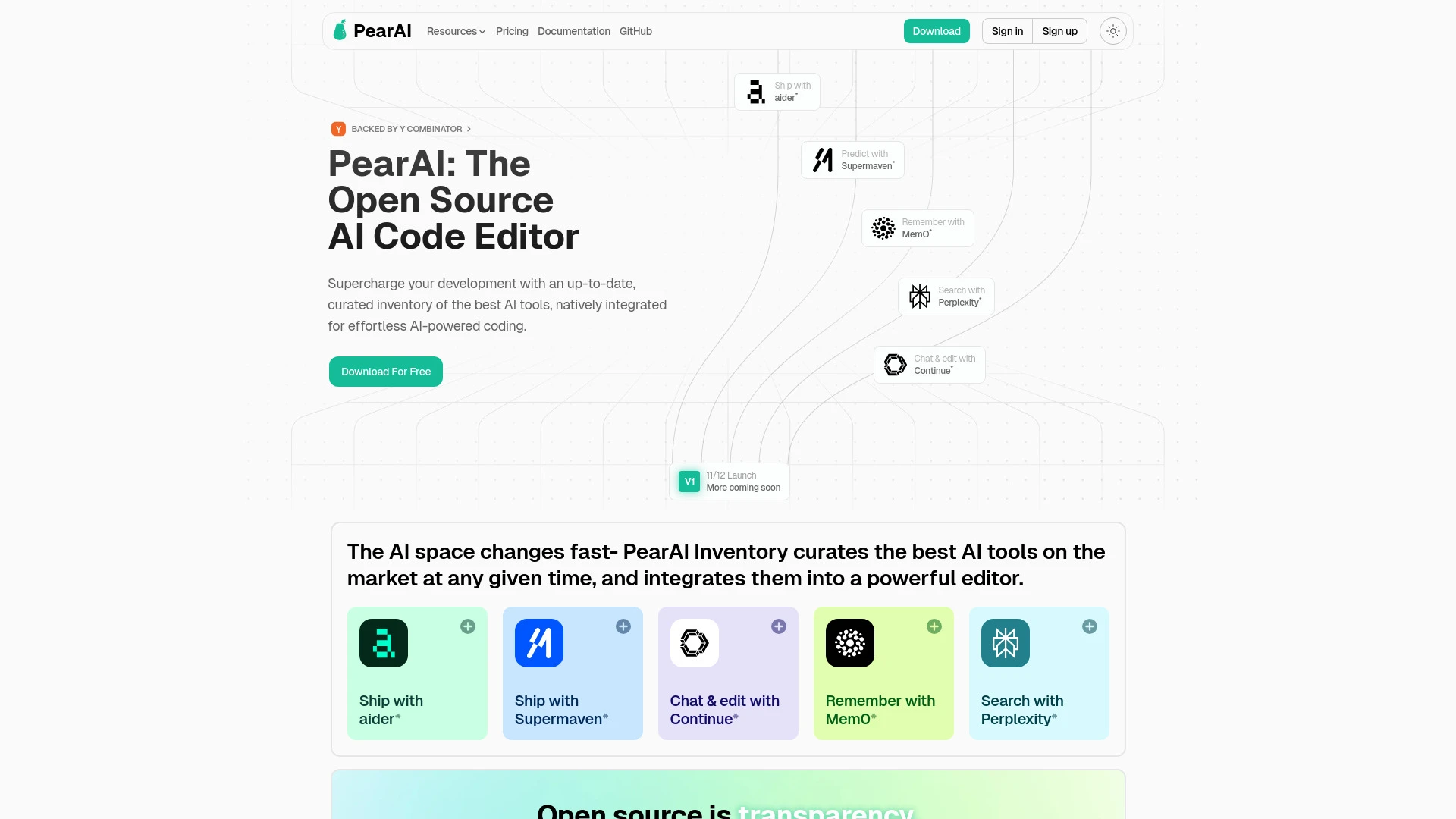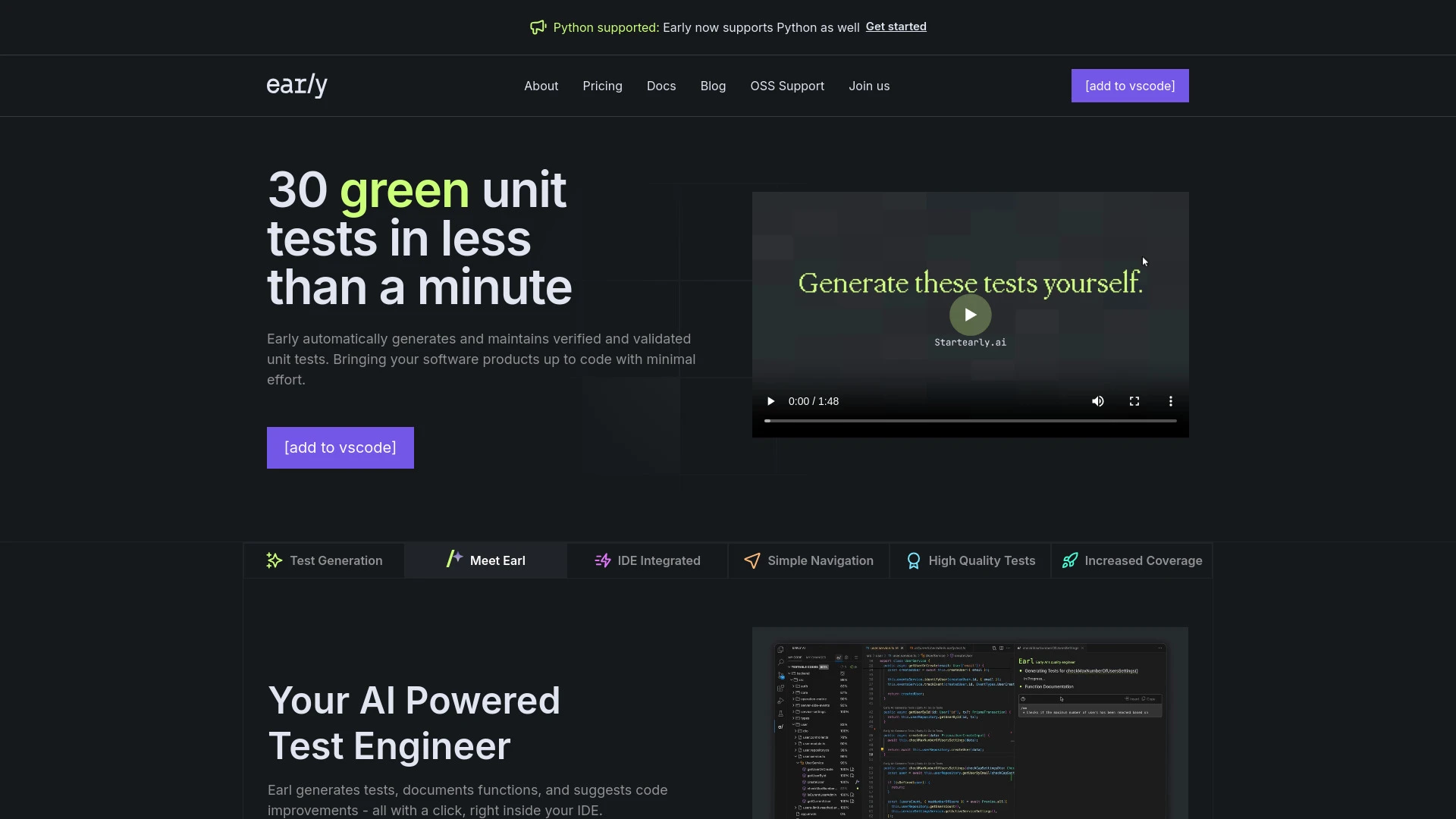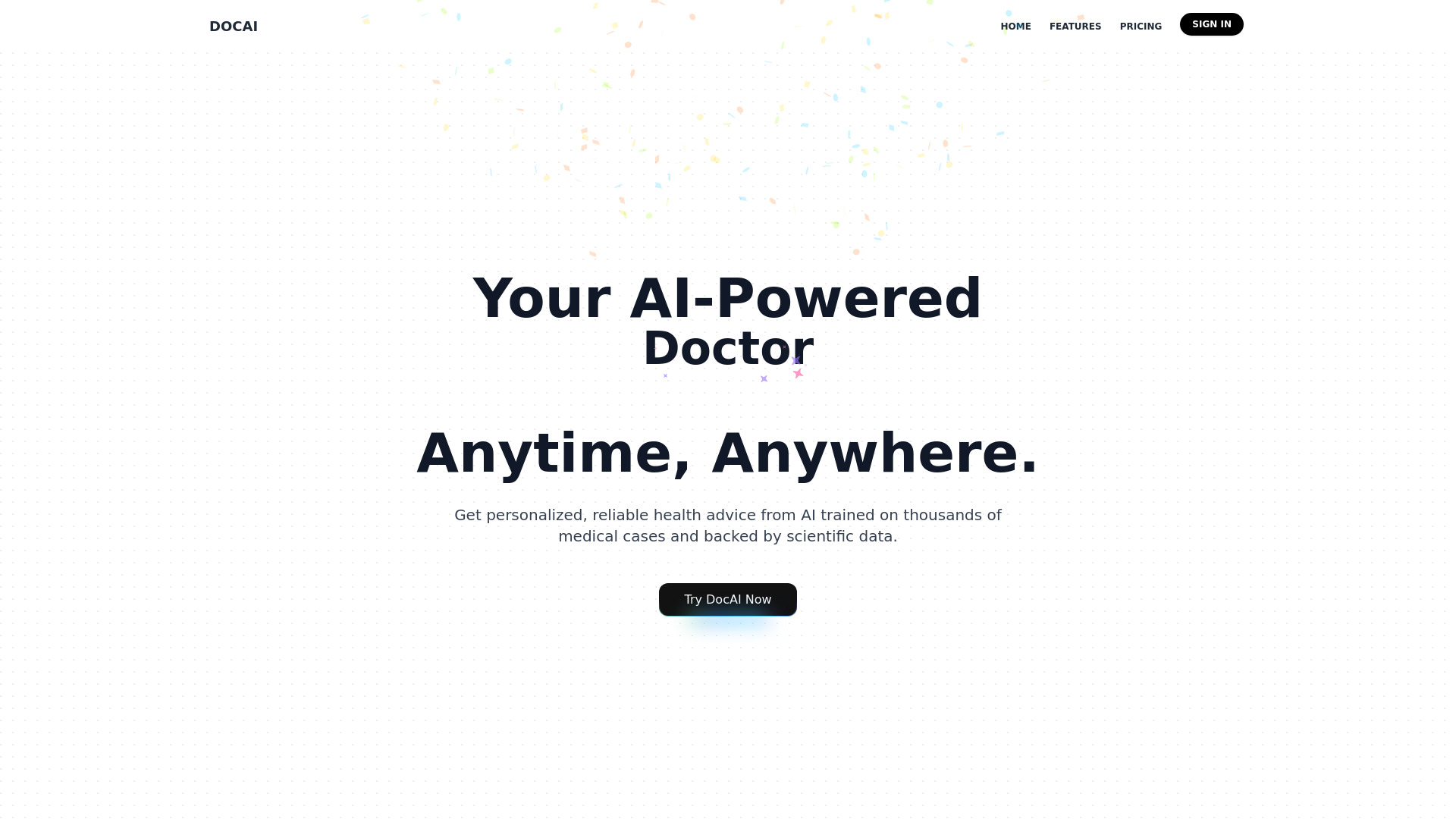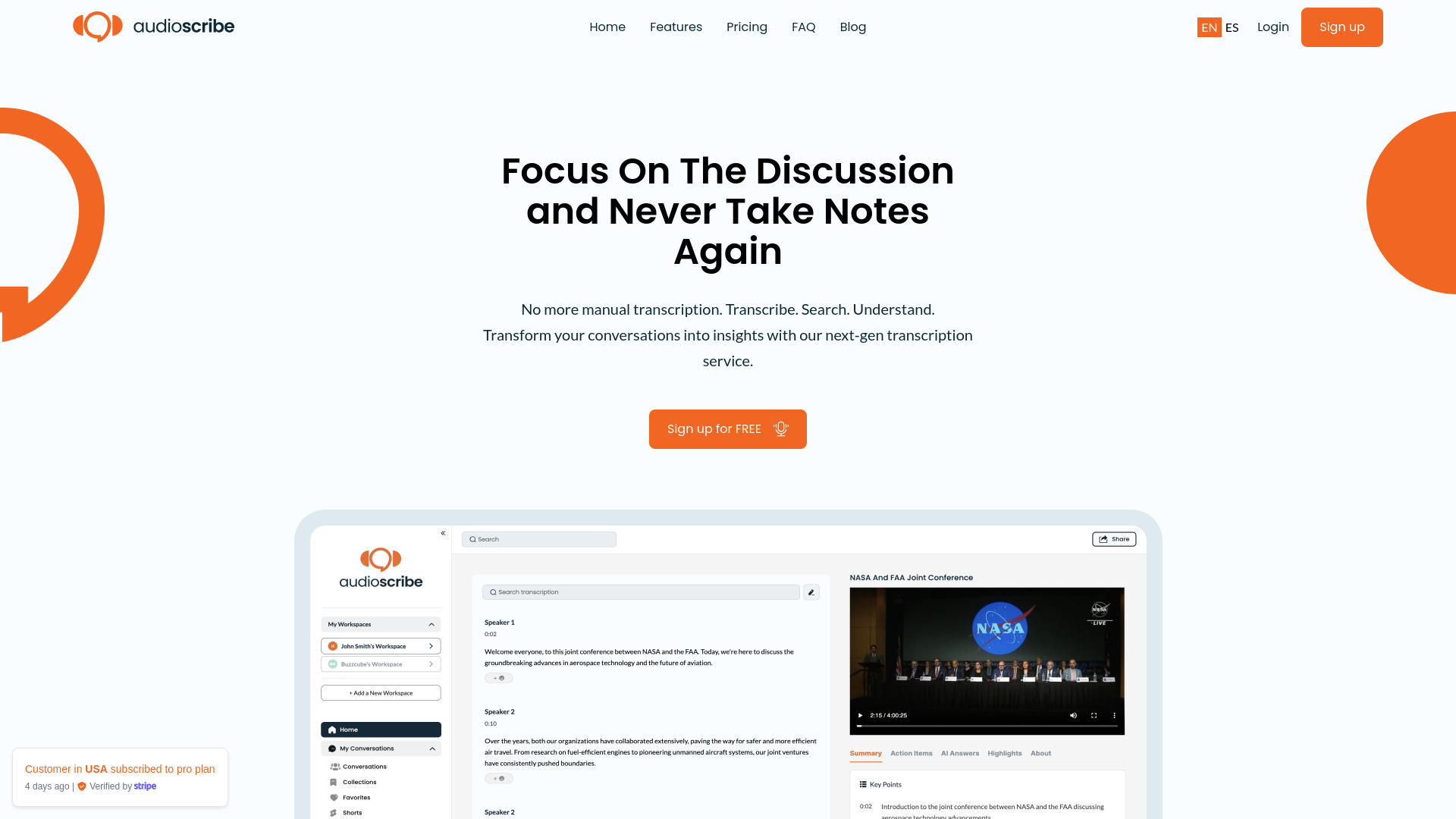AI Scheduling
AI Scheduling leverages machine learning algorithms to optimize resource allocation and time management in various domains. It enhances traditional scheduling by analyzing vast datasets for patterns, enabling adaptive scheduling in real-time. Applications include workforce management, travel itineraries, and project timelines. Benefits are improved efficiency and reduced costs, though challenges include data privacy and algorithmic bias.
Core Features
Automated time management
Real-time availability checking
Intelligent conflict resolution
Integration with calendars and emails
User preference learning
Task prioritization
Collaboration features
Use Cases
Meeting coordination
Resource allocation
Task prioritization
Calendar management
Appointment reminders
Travel itinerary planning
Most Helpful AI's
Best Fit Jobs For AI Scheduling
Primary Tasks For AI Scheduling
| # | Task | Popularity | Impact | Follow |
|---|---|---|---|---|
| 1 |
🗂️
Task management |
0% Popular
|
78%
|
|
| 2 |
🤖🔍
AI content detection |
0% Popular
|
87%
|
|
| 3 |
🤖
Task automation |
0% Popular
|
87%
|
|
| 4 |
📊
Project management |
50% Popular
|
73%
|
|
| 5 |
💡
Prompt optimization |
0% Popular
|
78%
|
|
| 6 |
📱
Apps |
50% Popular
|
76%
|
|
| 7 |
⚙️
Workflow automation |
50% Popular
|
85%
|
|
| 8 |
🤖
Business automation |
50% Popular
|
85%
|
|
| 9 |
🗓️
Meetings |
0% Popular
|
75%
|
|
| 10 |
💡
Idea generation |
0% Popular
|
75%
|
|
| 11 |
📊
Spreadsheet tasks |
0% Popular
|
78%
|
|
| 12 |
📝
Resume optimization |
0% Popular
|
87%
|
|
| 13 |
🍽️
Meal plans |
0% Popular
|
78%
|
|
| 14 |
💻
Coding assistance |
0% Popular
|
87%
|
|
| 15 |
👨💻
Coding |
0% Popular
|
82%
|
